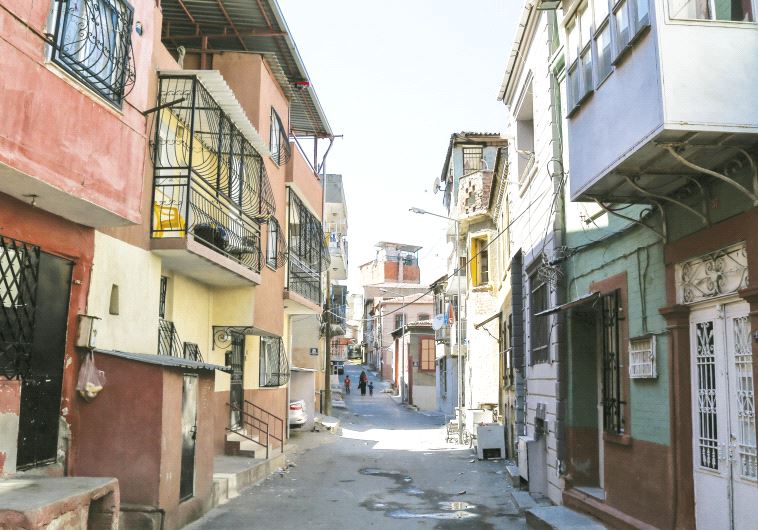Inside Basmane, Turkey
A look into Basmane, a neighborhood in the city of Izmir in Western Turkey, that has become a haven for refugees.
 A typical alley in the Basmane neighborhood, Izmir(photo credit: GIACOMO SINI)ByFRANCESCO MOISES BASSANORead More
A typical alley in the Basmane neighborhood, Izmir(photo credit: GIACOMO SINI)ByFRANCESCO MOISES BASSANORead More